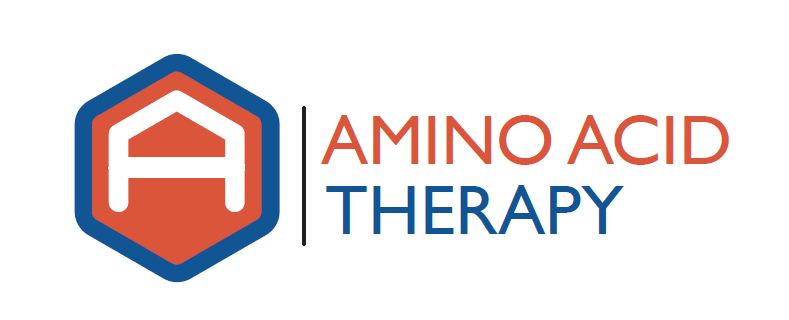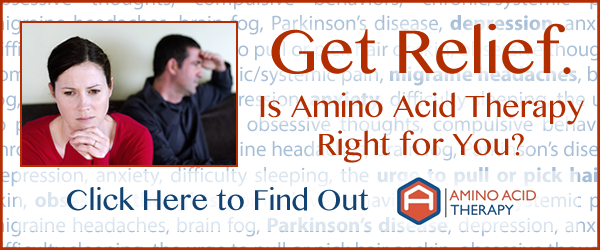Anyone that has consumed alcohol has unknowingly caused several neurotransmitter imbalances, that, over time can lead to severe depletion. This depletion can induce compulsive alcohol consumption and set the stage for dependency. However, these neurotransmitter imbalances can be corrected, and once they are, the compulsion to drink can be substantially decreased.
A relative nutritional deficiency occurs when an optimal diet does not meet the needs of the system. This means that diet alone cannot supply the nutrients needed.
Alcohol causes a depletion of dopamine, norepinephrine and epinephrine over time. This occurs because alcohol causes increased excretion of dopamine from the pre-synaptic neuron into the synapse (which has a large impact on emotions while drinking). However, once the dopamine molecules leave the pre-synaptic neuron, they are susceptible to enzymatic metabolism (degradation) by the MAO and COMT enzyme systems.
With increased excretion of dopamine after alcohol consumption, there is an accelerated metabolism (i.e., depletion) of dopamine molecules by these enzyme systems. This increases the desire to drink (in an attempt to restore sufficient dopamine levels to ‘feel good/right’ again). Once this depletion becomes severe enough, daily alcohol intake may be required to achieve functional levels of synaptic dopamine.
We have found good success helping people manage this dopamine-related relative nutritional deficiency using amino acid therapy. Specifically, most people respond best to a program that provides proportionately more dopamine support than serotonin support (often referred to as a dopamine dominant protocol), with complete resolution of nutritional deficiency symptoms usually occurring in 1-8 weeks with proper management.

